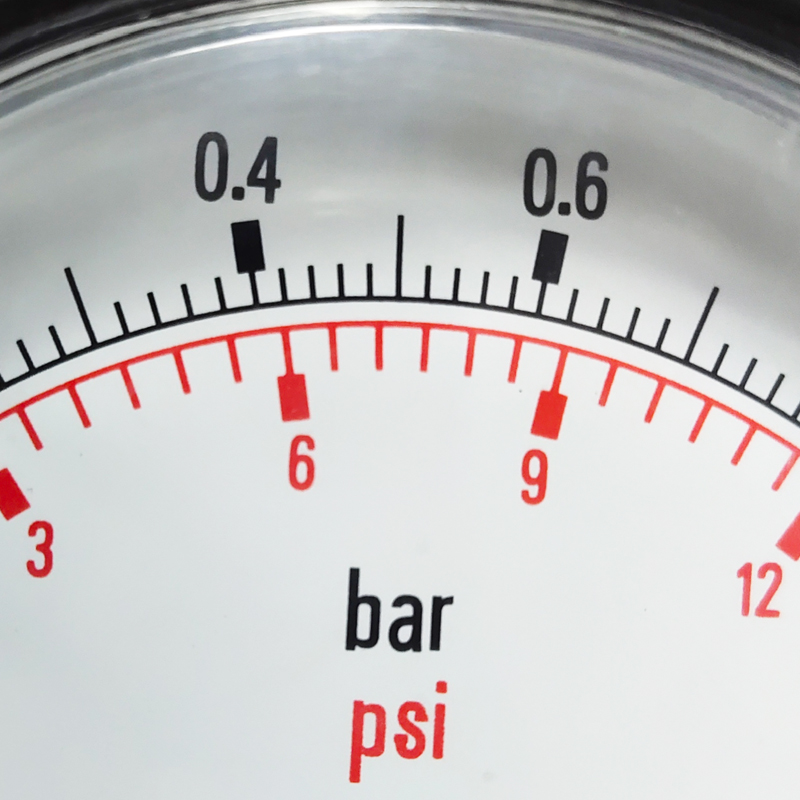
Dec . 04, 2024 06:42 Back to list
Top Suppliers of Capillary Diaphragm Seal Pressure Gauges for Accurate Measurement
Understanding Capillary Diaphragm Seal Pressure Gauges A Comprehensive Overview
In various industrial and scientific applications, accurate measurement of pressure is critical. This is where capillary diaphragm seal pressure gauges come into play, offering high precision and reliability in challenging environments. In this article, we will explore the functionality, applications, and benefits of capillary diaphragm seal pressure gauges, as well as considerations for selecting a supplier.
What is a Capillary Diaphragm Seal Pressure Gauge?
A capillary diaphragm seal pressure gauge is a device used to measure pressure in applications where the measuring instrument must be isolated from the process media. This is important in scenarios where the pressure media is corrosive, viscous, or contains solids that could clog the sensor.
The design of a capillary diaphragm seal gauge includes a flexible diaphragm that separates the measuring instrument from the process fluid. This diaphragm is connected to the gauge through a capillary tube, allowing pressure changes in the process fluid to be transmitted to the gauge without direct contact. By isolating the gauge from the process conditions, diaphragm seals help maintain the integrity of the measurement while protecting the equipment.
Applications of Capillary Diaphragm Seal Pressure Gauges
Capillary diaphragm seal pressure gauges are widely used across various industries, including
1. Chemical Processing In environments with corrosive substances, these gauges offer protection to sensitive measuring devices, preventing damage and ensuring accurate readings.
2. Food and Beverage In the food industry, maintaining hygiene is crucial. Diaphragm seals ensure that the pressure measurement is taken without direct exposure to food products, reducing contamination risks.
3. Pharmaceuticals Similar to food processing, the pharmaceutical industry demands strict hygiene controls. Diaphragm seals help protect measurement devices from chemicals that could affect drug efficacy.
4. Oil and Gas In exploration and production, the pressure of gases and liquids can vary significantly. These gauges can withstand harsh conditions while providing reliable data.
Benefits of Using Capillary Diaphragm Seal Pressure Gauges
The advantages of employing capillary diaphragm seal pressure gauges are numerous
capillary diaphragm seal pressure gauge supplier

1. Enhanced Accuracy By preventing direct exposure to process media, these gauges maintain their calibration and provide precise measurements over time.
2. Longer Lifespan The isolation from harsh environments leads to reduced wear and tear, contributing to a longer lifespan of both the gauge and the process system.
3. Versatility These gauges can be adapted for various applications and can handle a wide range of pressure and temperature conditions.
4. Reduced Maintenance Since the measuring instrument is protected, there is less need for frequent maintenance or replacement, resulting in saving costs over time.
Choosing a Supplier
When selecting a supplier for capillary diaphragm seal pressure gauges, it is essential to consider the following factors
1. Quality Standard Ensure the supplier adheres to international quality standards (such as ISO certifications) to guarantee the accuracy and durability of their products.
2. Range of Products A supplier offering a diverse range of gauges will provide more options tailored to specific needs within your industry.
3. Technical Support Look for suppliers who provide robust customer service and technical support to assist with installation, calibration, and troubleshooting.
4. Industry Experience Suppliers with extensive experience in your particular field may offer insights and products that are better suited to your application.
5. Warranty and Service Agreements A solid warranty and service agreement can protect your investment and ensure you receive support in the event of equipment failure.
Conclusion
Capillary diaphragm seal pressure gauges represent a crucial technology in many sectors where accurate pressure measurement is essential. By understanding their functionality, applications, and benefits, and selecting a reliable supplier, organizations can enhance their operational efficiency, improve safety, and achieve more accurate control over their processes. Investing in quality pressure measurement instruments is not just about the initial purchase; it’s about ensuring long-term reliability and accuracy in critical applications.
-
High-Precision Mass Diaphragm Pressure Gauge - Reliable & Durable Solutions
NewsJun.10,2025
-
Explain Diaphragm Pressure Gauge Expert Guide, Top Manufacturers & Quotes
NewsJun.10,2025
-
Affordable Differential Pressure Gauge Prices in China Top Manufacturers
NewsJun.10,2025
-
Reliable Water Fire Extinguisher Pressure Gauges for Safety
NewsJun.10,2025
-
Durable Diaphragm Protection Pressure Gauges Get Quote
NewsJun.09,2025
-
WIKA Differential Pressure Gauge with Switch Reliable Monitoring & Control
NewsJun.09,2025
